Peter Dutton on why he believes the Coalition’s Indigenous voice to parliament model will deliver better outcomes
The Opposition Leader addresses moral intimidation over the Indigenous voice to parliament, the dangers in Labor’s proposed model and Julian Leeser’s departure from the party’s frontbench.
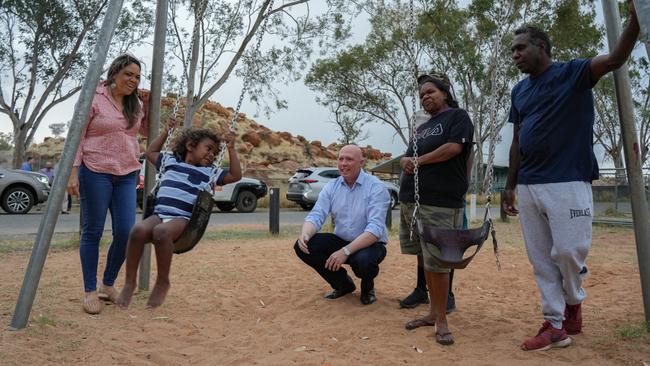
On Tuesday his legal affairs spokesman, Julian Leeser, resigned from cabinet to campaign for the Yes side in the upcoming referendum. Just days before that, Indigenous activist Noel Pearson condemned “the Dutton Liberal Party’s Judas betrayal of our country” after the Opposition Leader signalled that the Liberal Party had agreed to support constitutional recognition, and local and regional legislative bodies, but would not support the Albanese government’s proposed wording to create a constitutionally mandated Indigenous voice to parliament and executive government.
A week earlier, former Liberal minister Ken Wyatt resigned from the party, accusing the Liberals of adding to a “global perception” they were a “racist party”. Between that, the Liberals lost the seat of Aston. And NSW was lost to Labor in the same month.
Dutton must know that the voice debate and the referendum slated for later this year will define his leadership. If Anthony Albanese won’t provide details about the voice, Dutton says he will. And that task is surely made easier with Leeser’s resignation.
The longstanding supporter of the voice admitted this week he will vote Yes even though he has serious legal concerns about the government’s model. Leeser’s departure means Dutton can get less conflicted legal advice.
Minutes after Dutton’s plane landed in Alice Springs this week, when he met locals and repeated his call for the Albanese government to restore law and order, the Opposition Leader spoke with Inquirer. We spoke about what he thought would better address tragic disadvantage in the most vulnerable Indigenous communities in regional and rural Australia, what troubled him about the referendum proposal, the quality of the debate, and about the moral intimidation.
Peter Dutton: The intimidation has no effect on me whatsoever. I’ve been around long enough to know what I believe in, to stand up for what I believe is in our country’s best interest, and I won’t waiver from that. Noel Pearson’s a person with whom I’ve worked over the years. And I won’t be the first or the last to be personally slighted by him.
But I think a lot of people and particularly a lot of leaders in business and sport fear the retaliation and retribution if they don’t sign up to the voice. And I think that is regrettable and offensive in a democracy like ours.
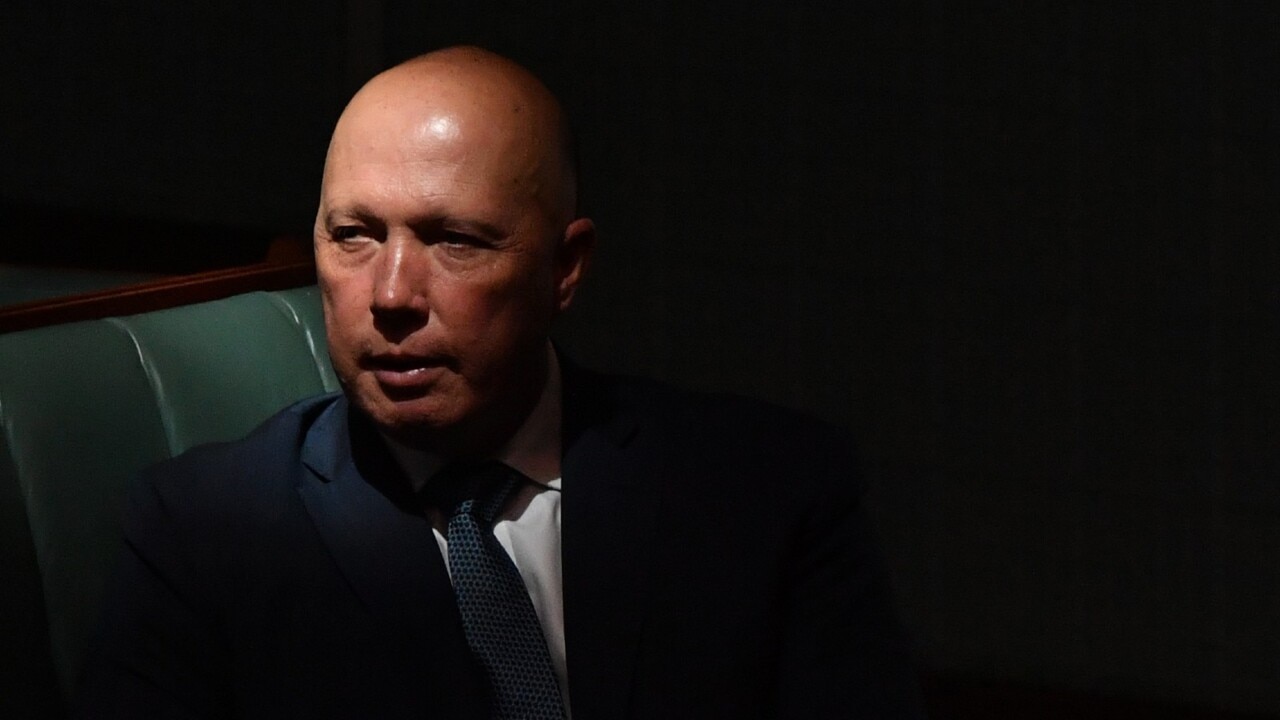
Why will your proposed model be better for Indigenous people and the country?
Peter Dutton: As a party, we seek to unite the country by constitutionally recognising Indigenous Australians and listening to the advice that comes from local and regional communities in contrast to what is coming out of universities and public servants in Canberra.
I think there’s the opportunity to identify people of goodwill within communities, who know their communities, who have not self-interest but community interest at heart, working with them in a co-ordinated way through existing structures. Without new bureaucrats, without another layer of bureaucracy, like the Canberra voice.
I think we can deliver better outcomes on the ground. Too much of the money that leaves Canberra is drip-fed into communities, and the rivers of gold that flow out of Canberra somehow get diverted and the ticket clipped along the way. Insufficient support arrives into infrastructure and educational and health outcomes on the ground.
I called for a royal commission (last October) into what was happening in Alice Springs. There’s still been no action from the government. There are still young boys and girls who are being sexually assaulted a way that is unimaginable in our country. And I want to continue to put the pressure on the government to the very grave, brave situation in Alice Springs, and to continue our discussion around the voice. People should look at it in a considered way.
What troubles you about this debate about the voice?
Peter Dutton: I’ve been in parliament for over two decades and I’ve never seen a more poorly run debate. I’ve never seen a more deceptive prime minister try to starve the Australian public of information that they need. It’s without precedent. This would be our most significant proposed change to our Constitution since Federation. And I’ve never seen a more shambolic process by government.
The rule book of our country shouldn’t be changed without significant contemplation and open public debate. And we just haven’t done that. The model should be worked up and the pros and cons properly explained so that people can make an informed judgment about whether the voice would actually deliver positive outcomes for Indigenous Australians, whether or not it would be a significant change to our system of government. All of that needs to be presented to the Australian public in good time. There should be a constitutional convention to debate these matters. That has been denied. And there’s a constant and deliberate approach here to deny even the most basic of details to the Australian public.
Did the Prime Minister mislead parliament during the last sitting week when he assured the house, and the people, that parliamentary supremacy remains intact with his proposed words for the referendum slated for later this year?
Peter Dutton: I find the Prime Minister’s attitude a mystery. Either he’s wilfully keeping facts from Australians or he’s not yet understanding his own model. It’s hard to know which, but it’s negligent of a prime minister to not have the detail.
I can’t believe for a moment that Hawke or Keating or Howard or Abbott or even Turnbull wouldn’t have been able to understand all of the detail and have thought of all of the consequences, intended and unintended, and worked through the design in a meticulous way. This Prime Minister just hasn’t done that.
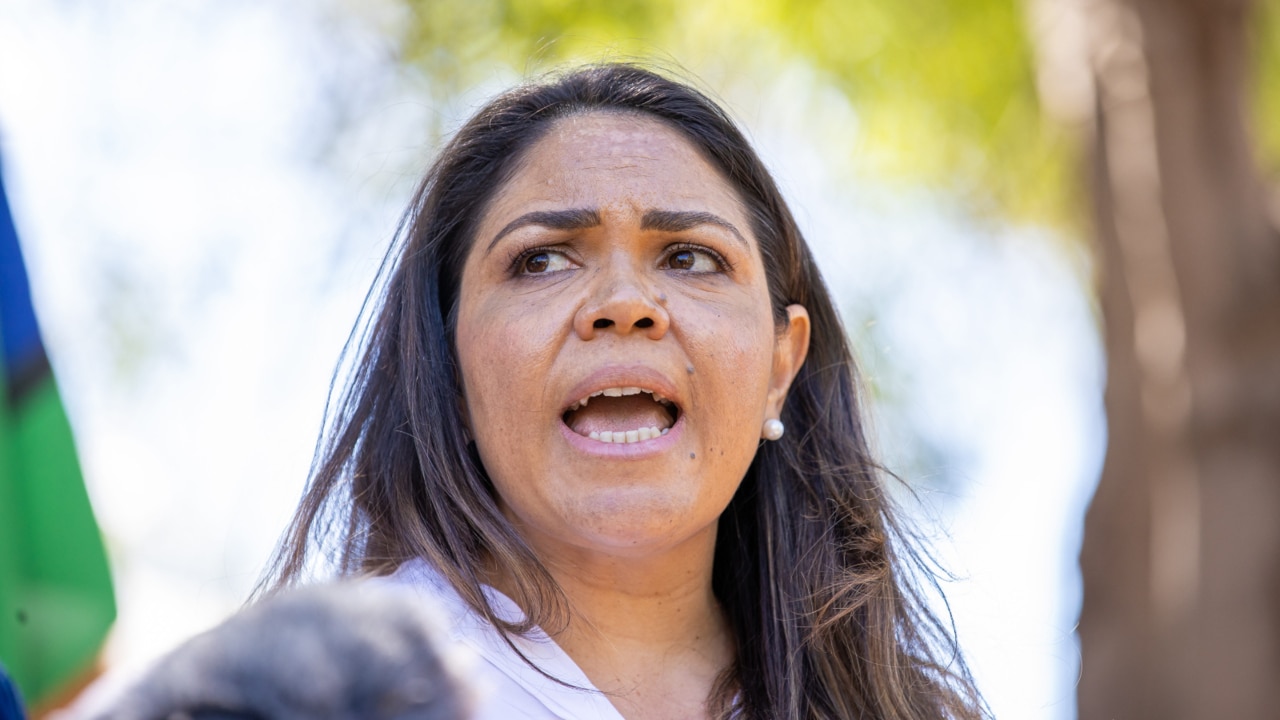
Are you concerned that the reason voice activists have turned their back on parliamentary supremacy, finally admitting that a constitutionally entrenched voice will be justiciable, is that they have decided the High Court may be a better friend to the voice in terms of empowering it than a parliament that represents the country?
I’m horrified by that prospect. The Australian public vote for their representatives on a three-yearly cycle, they have people before them who they can support or vote out depending on the circumstances and their performance. An appointed body in the Constitution that sits above the parliament that has the backing of an activist High Court would be a significant disruption to our system of government. And the Prime Minister refuses to even acknowledge that reality.
I think it’s dangerous that detail has been kept from the public. In our system of government, people expect their elected representatives and in particular the prime minister of the day to be accountable to them, not for unelected judges to be interpreting (the Constitution) in a way that expands the remit of the voice, resulting in parliamentarians being disenfranchised from ultimate policy outcomes.
Are you concerned that entrenching an Indigenous-only body into the Constitution may be divisive?
Peter Dutton: What the Prime Minister’s proposing is the only institution enshrined in the Constitution where membership will be based upon race. It’s without precedent. The debate is whether a divisive voice is going to be in our country’s best interests. Having examined the issue for months and having spoken to hundreds of people, particularly those in Indigenous communities, I’ve drawn the conclusion that this clearly is not in our country’s best interest.
After Julian Leeser’s decision this week, do you expect further resignations from shadow cabinet?
Peter Dutton: I don’t expect there will be. I’ve certainly had no indication from any other colleagues that’s the case. Julian’s position was quite unique given his background and the work that he’s done before he came into parliament.
Would it have been more helpful to Australians if, as a shadow legal, legal affairs spokesman Julian Leeser had raised some of the profound constitutional issues about the voice, especially executive government, much earlier?
Peter Dutton: Well, to be fair, Julian, myself and others have engaged respectfully in the process with an open mind, waiting for the Prime Minister to fill in the blanks. We gave him the opportunity to answer the questions that millions of Australians want answered, and he just continues to refuse to do that.
You’re stepping up to inform Australians. Do you agree with legal analysis run recently in The Weekend Australian that suggests the voice will need to be notified on all matters, no matter how directly or indirectly Indigenous people are impacted, and will need to be given sufficient time in order to decide whether to make representations, and this will, inevitably, impede the operation of government?
Peter Dutton: It’s nonsense for advocates of the voice to suggest that’s not the case. It can’t be that we enshrine in the Constitution an obligation to engage and for it not to mean anything.
A couple of months ago, Peter Conran (long-serving public servant including as chief executive of three government departments, and cabinet secretary to two prime ministers) explained how much work goes into a cabinet submission, the consultation process, the amount of resources within the department to pull together information.
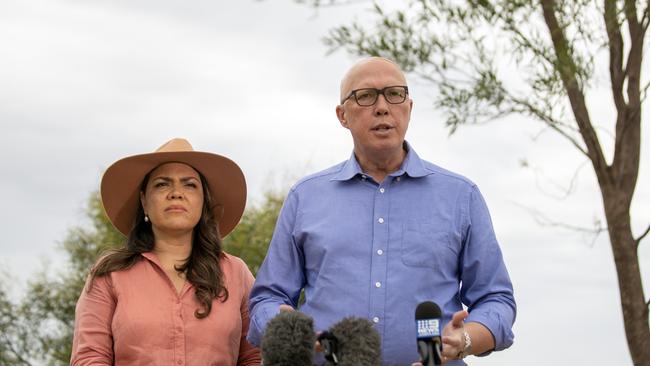
I’ve been on the frontbench, in Defence, and by way of example, it would have to provide expert advice and guidance to the voice on projects and acquisitions. And this is one department. That would require literally thousands of hours and many, many dollars to make that function and to do it in time.
The other point is to do it in a timely way. Defence isn’t going right to the voice to say, we need your comments, here’s the 200 pages that form the cabinet submission, and we expect you to get back to us within 48 hours. I mean, that’s just not how it will function.
The joint select committee on the voice referendum started this week. What is the point of an inquiry if the Prime Minister won’t budge?
The Prime Minister has been clear. He’s had a bloody-minded approach, refusing to consult or engage or even provide the most basic of detail. And when a politician refuses to explain their position or why you should support it, other than on the basis of a feeling, you should be instinctively suspicious.
If you’re going into a process with a predetermined outcome, you can’t pretend that it’s an open process where people could be heard and their advice could be acted on.



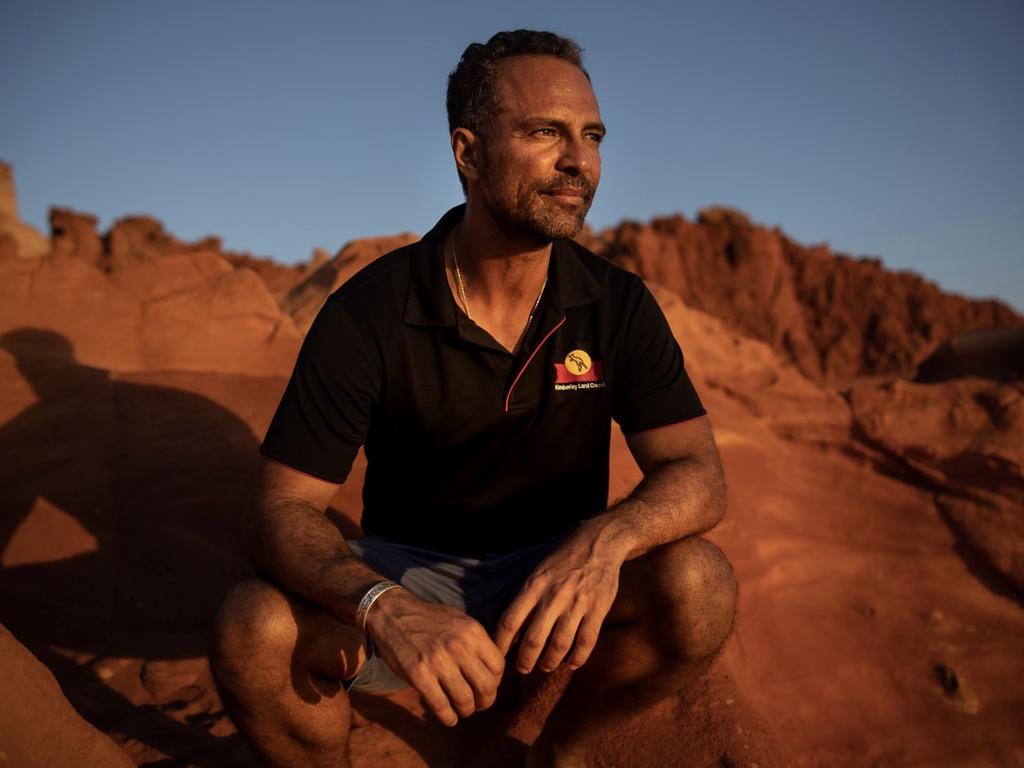
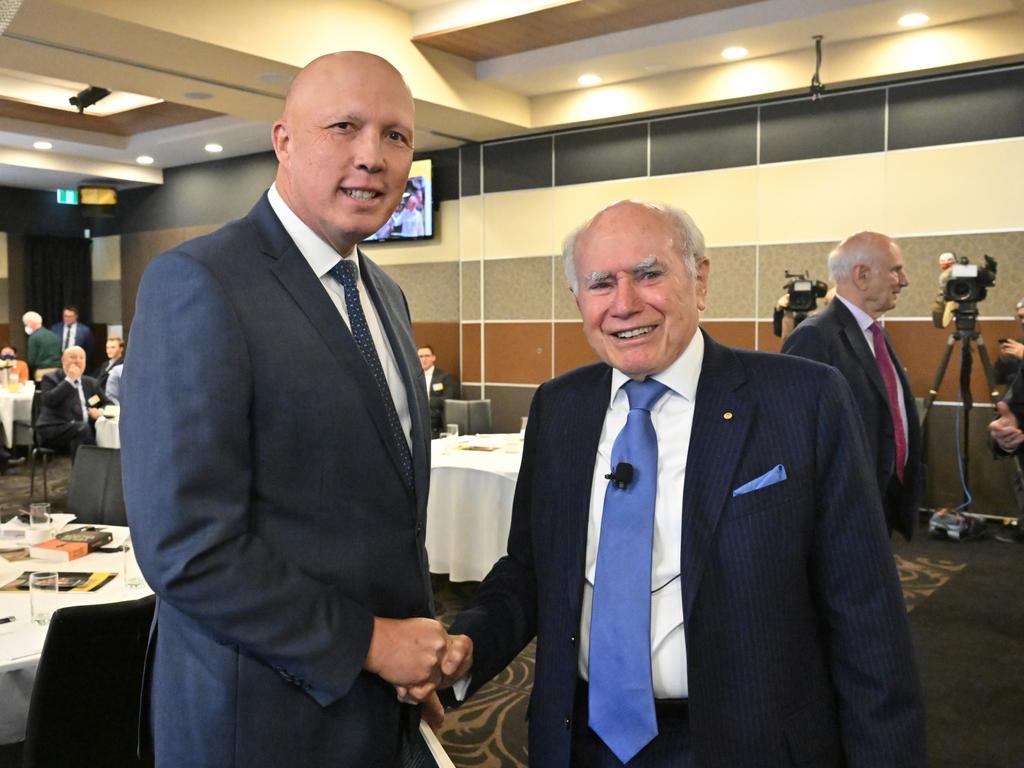
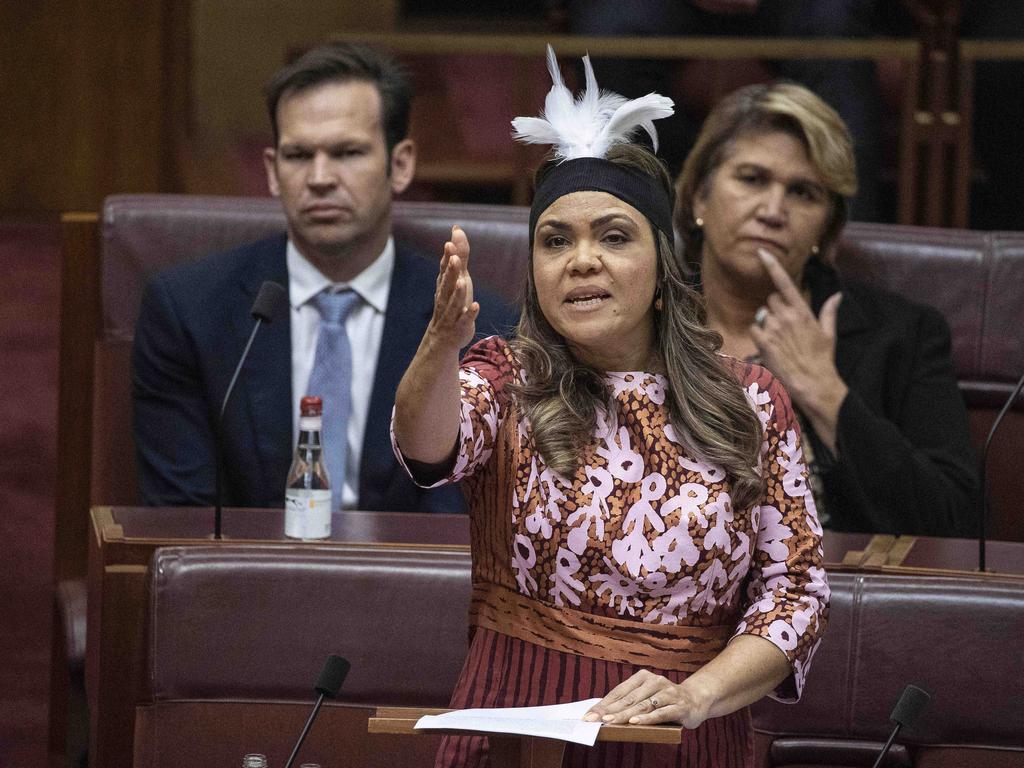
It has been another tough week for Peter Dutton.